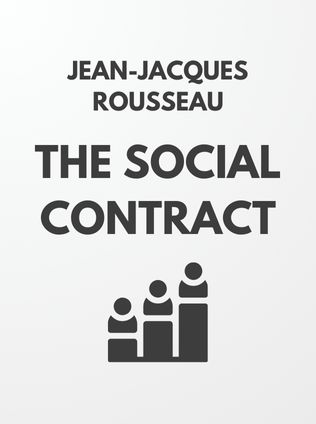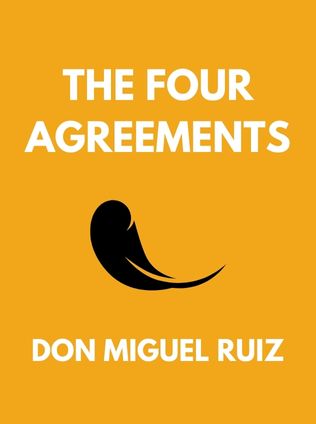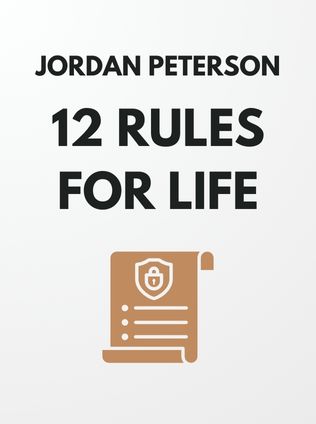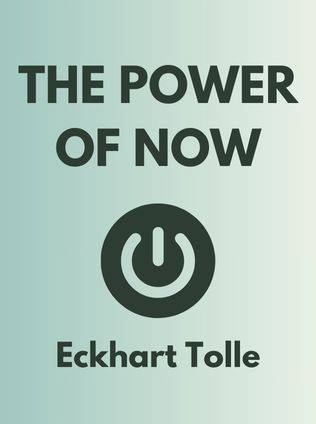
About the Author
Jean-Jacques Rousseau is one of the towering figures of the Enlightenment, whose thoughts and writings have deeply influenced the trajectory of modern political and social philosophy. Born in Geneva in 1712, Rousseau lived through a period of significant intellectual ferment. His works, particularly The Social Contract, are credited with inspiring both the American and French revolutions, and his ideas on the social contract theory have become foundational in discussions about democracy, liberty, and the role of the state.
Rousseau's life was marked by personal struggles and a relentless pursuit of understanding the human condition. He believed that human beings are inherently good, but that society corrupts this natural goodness. This theme runs throughout his works, including Emile and Discourse on the Origin and Basis of Inequality Among Men. In The Social Contract, Rousseau tackles the question of how individuals can reconcile their personal freedom with living in a society, proposing that the solution lies in the creation of a collective sovereign that represents the general will.
Main Idea
The Social Contract is Jean-Jacques Rousseau’s attempt to outline the principles that should govern a legitimate political community. Rousseau begins with a simple yet profound question: "Can there be a legitimate society, and if so, what would it look like?" His answer is that a legitimate society must be one in which individuals freely enter into a collective agreement—the social contract—whereby they exchange some of their personal freedoms for the security and benefits of living within a community that operates according to the general will.
Rousseau’s social contract theory is not just a practical arrangement but a moral and philosophical framework that asserts the primacy of the collective over the individual. The central idea is that true freedom is found not in the ability to do whatever one wishes but in the ability to live according to laws that one has prescribed for oneself as part of a collective entity—the sovereign. This sovereign, according to Rousseau, is not a ruler or a government, but the general will of the people, which represents the common good.
Table of Contents
- Defining a Legitimate Society
- The Social Contract: Formation and Implications
- The Role of Government in a Legitimate State
- Preserving the Legitimacy of the State
- Conclusion
Defining a Legitimate Society
Rousseau begins The Social Contract by addressing what it means for a society to be legitimate. He argues that for a society to be legitimate, it must satisfy two essential criteria: protection and freedom. The legitimate state must provide security for its citizens while also preserving their freedom. These two concepts are central to Rousseau's philosophy, and they form the foundation of his social contract theory.
The State of Nature
In exploring the concept of a legitimate society, Rousseau contrasts life in a society with life in the state of nature. The state of nature, according to Rousseau, is a hypothetical condition in which individuals live without the constraints of society. In this state, people are guided by their instincts and the basic law of self-preservation. Rousseau paints a picture of the state of nature as a solitary and somewhat bleak existence, where individuals have complete freedom but lack the security and cooperation that society provides.
Rousseau's view of the state of nature is distinct from that of other philosophers like Thomas Hobbes, who saw it as a brutal and violent condition. Instead, Rousseau believes that in the state of nature, humans are naturally good, but their potential for morality and higher reasoning remains unrealized due to the lack of social structures.
"Man is born free, and everywhere he is in chains." — Jean-Jacques Rousseau
This famous quote encapsulates Rousseau's belief that while humans are naturally free, the social institutions that have developed over time have constrained their freedom. However, Rousseau does not advocate for a return to the state of nature. Instead, he proposes that the solution lies in the creation of a social contract that allows for the benefits of society while preserving individual freedom.
Standards for Legitimacy
Rousseau establishes two primary standards that a society must meet to be considered legitimate:
Sign up for FREE and get access to 1,400+ books summaries.
You May Also Like
I Am Malala
The Story of the Girl Who Stood Up for Education and Was Shot by the Taliban
By Malala Yousafzai



















